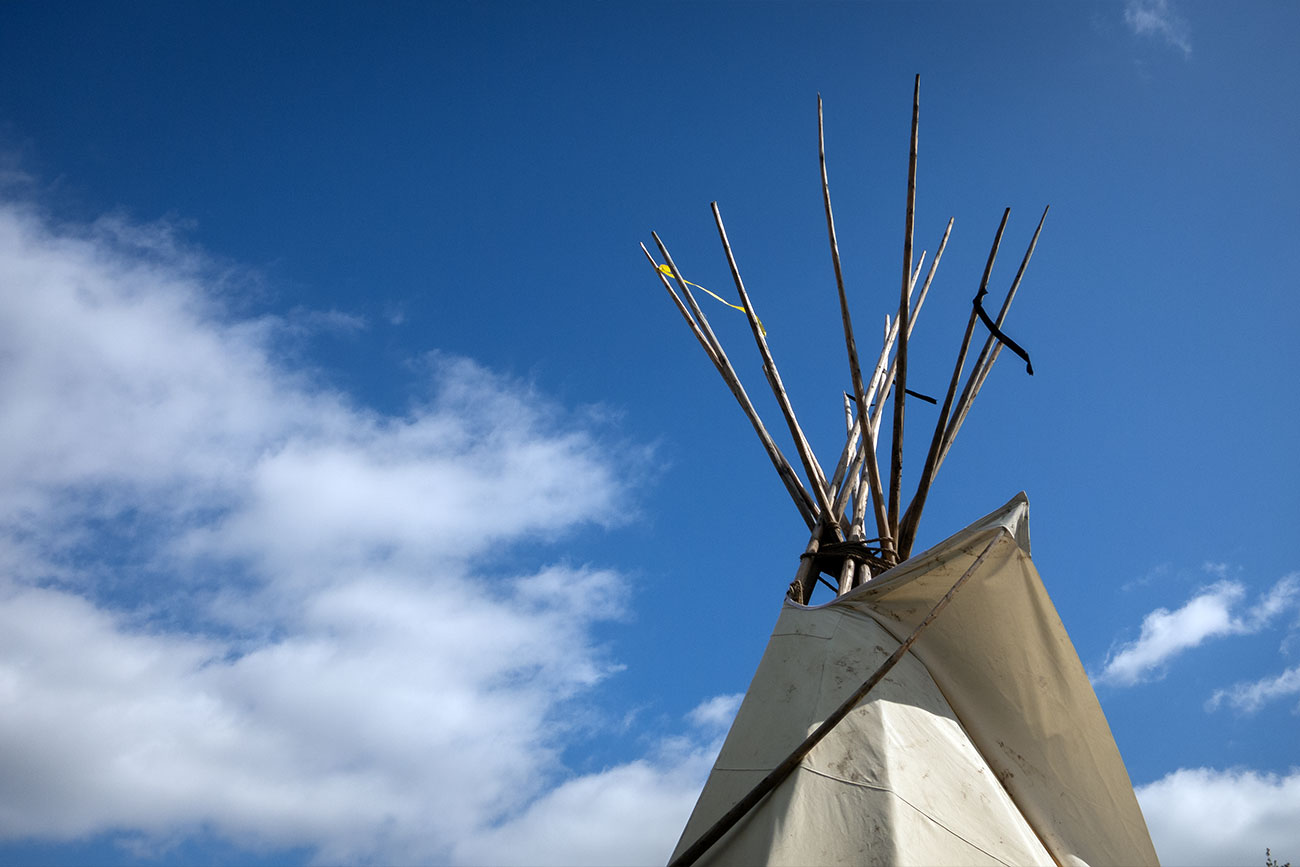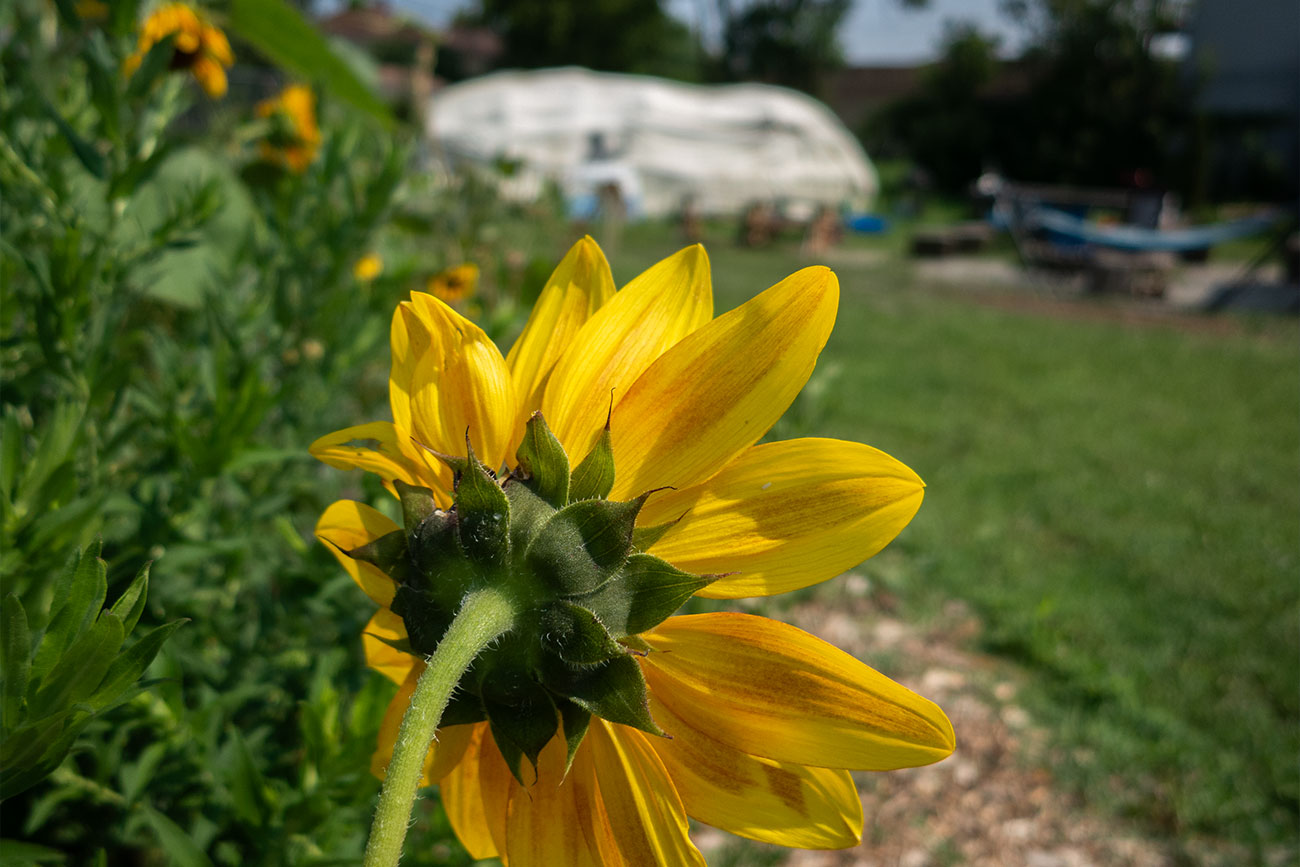
Statement: The American Indian Center and the First Nations Garden
The Chi-Nations Youth Council has issued a statement regarding the American Indian Center of Chicago and the First Nations Garden.
AMERICAN INDIAN CENTER
From April 2019 to September 2019, the Chi-Nations Youth Council (CNYC) attempted to co-manage the First Nations Garden space with the American Indian Center (AIC) of Chicago to promote a neutral healing space for Chicago’s Native community.
This was the first attempt by CNYC to work with AIC since 2015, when CNYC cut ties with AIC for partnering with the Chicago Blackhawks despite evidence that showcases “Indian” mascots and logos lower self-worth of Native youth and the self-esteem of Native Peoples as a whole.
As Native Peoples’, our identities are political and can not be separated from the politics and violence of our occupied state. Due to the reality of our existence as Native Peoples in Chicago and the desire to imagine a future of collective liberation, the AIC has permanently been removed from the management team of the First Nations Garden.
This decision was reached due to the perpetuation of anti-Blackness, Homophobia, Nationalism, and gender-based violence by the organization and the lack of fiscal responsibility, transparency, and accountability.
Currently, the First Nations Garden is under Neighbor Space’s urban land trust, which the Chi-Nations Youth Council manages.
FIRST NATIONS GARDEN
The First Nations Garden (Wiinso, Wiikonge Otishinikaaso) was established in the Spring of 2019 due to community organizing led by the Chi-Nations Youth Council with support from Alderman Carlos Rosa of the 35th Ward. Chi-Nations is working closely with Neighborspace to ensure a more sustainable future for the garden.
First Nations Garden was chosen as the English name of the space. The term First Nations is a collective noun that emphasizes the importance of direct and ancestral relationships to the land, both human and non-human. As First Nations peoples, we’ve chosen names that carry the garden site’s history and ancestral ecological knowledge and assist in providing navigational information and teachings to the greater public.


